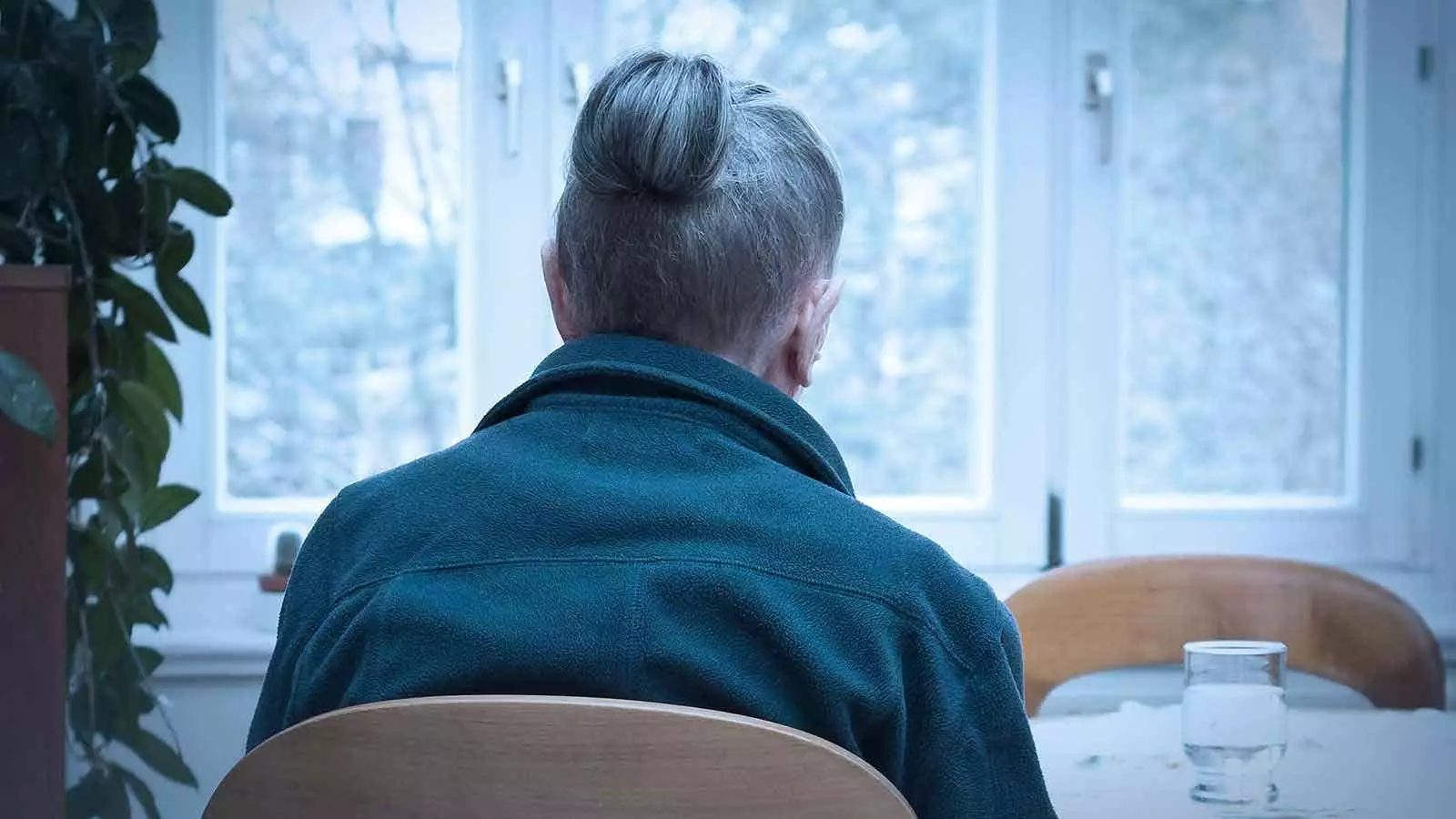Loneliness and social isolation have long been known to have detrimental effects on overall health and wellbeing. A recent retrospective longitudinal study has shed light on the impact of loneliness on cancer survivor mortality rates. Researchers found that cancer survivors with higher loneliness scores on the UCLA Loneliness Scale had a higher risk of mortality over a 10-year period compared to those with low or no loneliness scores. The study revealed a dose-response association, with the risk of mortality increasing as loneliness scores increased. This highlights the importance of addressing loneliness as part of cancer survivorship care.
The findings of this study emphasize the importance of incorporating routine loneliness screening into cancer survivorship care. Healthcare providers should consider adding loneliness assessment tools to their standard practice and utilize them at multiple time points, from the initial diagnosis throughout survivorship care. Detecting and addressing loneliness early on can help prevent the escalation of feelings of isolation among cancer survivors. It can also help identify those in need of interventions such as mental health counseling, community support, and social network involvement.
Healthcare providers, particularly oncologists, play a crucial role in addressing loneliness among cancer survivors. Providing loneliness screening, education on emotional challenges associated with cancer diagnosis and treatment, and referrals to psychologists for specialized assessment and counseling are essential steps in supporting the mental and emotional wellbeing of cancer survivors. By integrating loneliness interventions into cancer treatment and survivorship care, healthcare providers can better meet the holistic needs of their patients.
While the findings of this study are significant, there are several limitations that must be acknowledged. The use of an abbreviated measure to assess loneliness and self-reported data are potential sources of bias. Additionally, the lack of cancer-related information in the dataset, such as cancer type, stage at diagnosis, and treatment status, limits the comprehensive understanding of the relationship between loneliness and mortality among cancer survivors. Future studies should focus on identifying optimal screening tools for loneliness and evaluating the effectiveness of loneliness interventions in improving outcomes for cancer survivors.
Loneliness has a profound impact on the mortality rates of cancer survivors. Addressing loneliness as part of cancer survivorship care is essential for improving the overall wellbeing and quality of life of those affected by cancer. Healthcare providers should prioritize loneliness screening and interventions to support the mental and emotional health of cancer survivors throughout their journey. By working together to address the social and emotional needs of cancer survivors, we can strive to improve outcomes and enhance the survivorship experience.

Leave a Reply